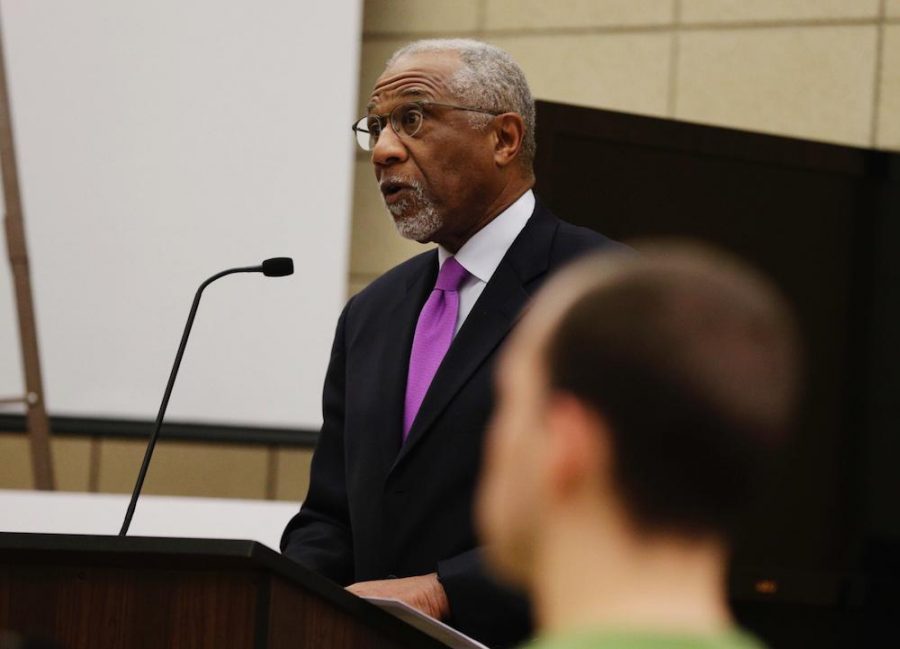NEVADA, IOWA — The attorney representing the accused killer of Andrea Farrington said he will not dispute the fact Farrington was killed on June 12, 2015.
Instead, Alfredo Parrish, Alexander Kozak’s attorney, said he will argue his client suffered from a mental illness that began when he was 15, to avoid the charges of first-degree murder.
Kozak, who moved from Texas to Iowa, forged a private, digital relationship with Farrington after meeting her in February, even though he was already married, Parrish said.
Over the course of this relationship, according to Parrish, Kozak and Farrington exchanged thousands of text messages. In the days leading up to Farrington’s death, the two exchanged several hundred texts a day, according to Parrish.
Farrington allegedly would call Kozak’s supervisors at the mall to tell them he was harassing her when they stopped talking, Parrish said, and this caused Kozak so much stress that he was planning on moving back to Texas, he had quit his job earlier on the day of the shooting.
Parrish said the defense is not arguing whether or not Kozak shot and killed Farrington, instead, it will present evidence to show a mental illness that began when Kozak was 15 affected his decision making, in order to try and avoid a conviction for first-degree murder.







